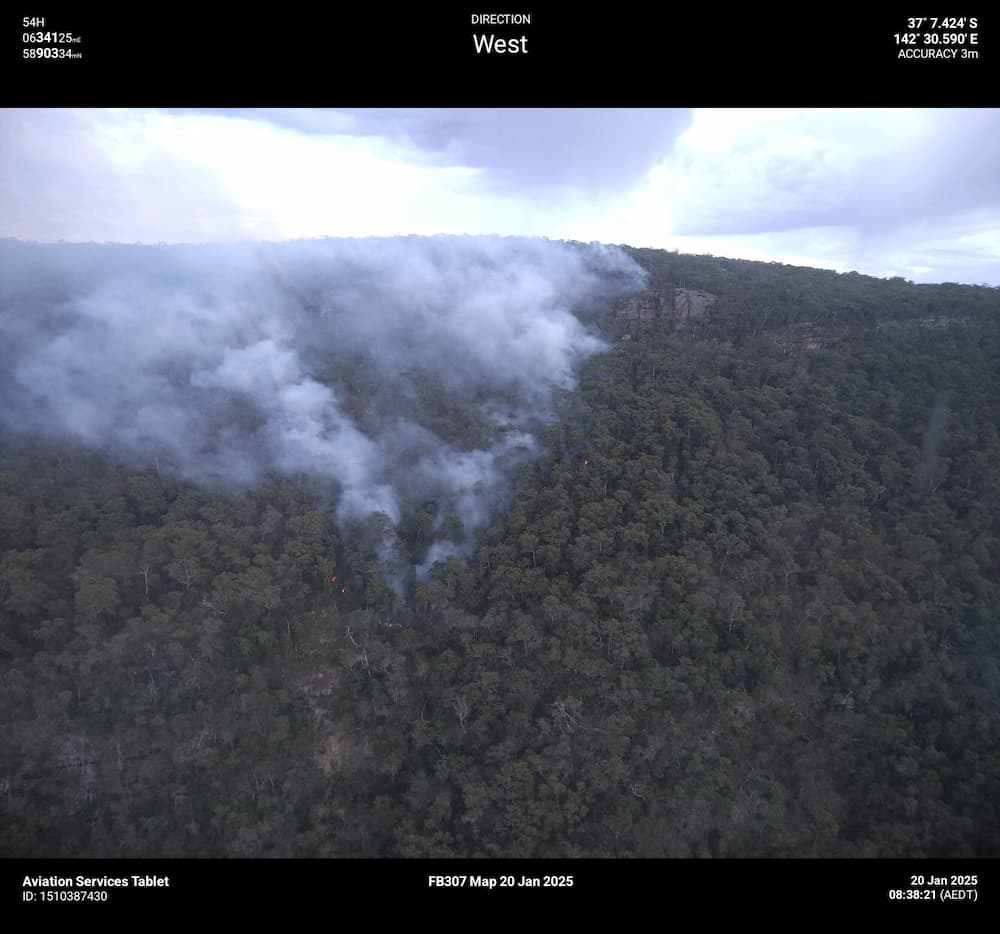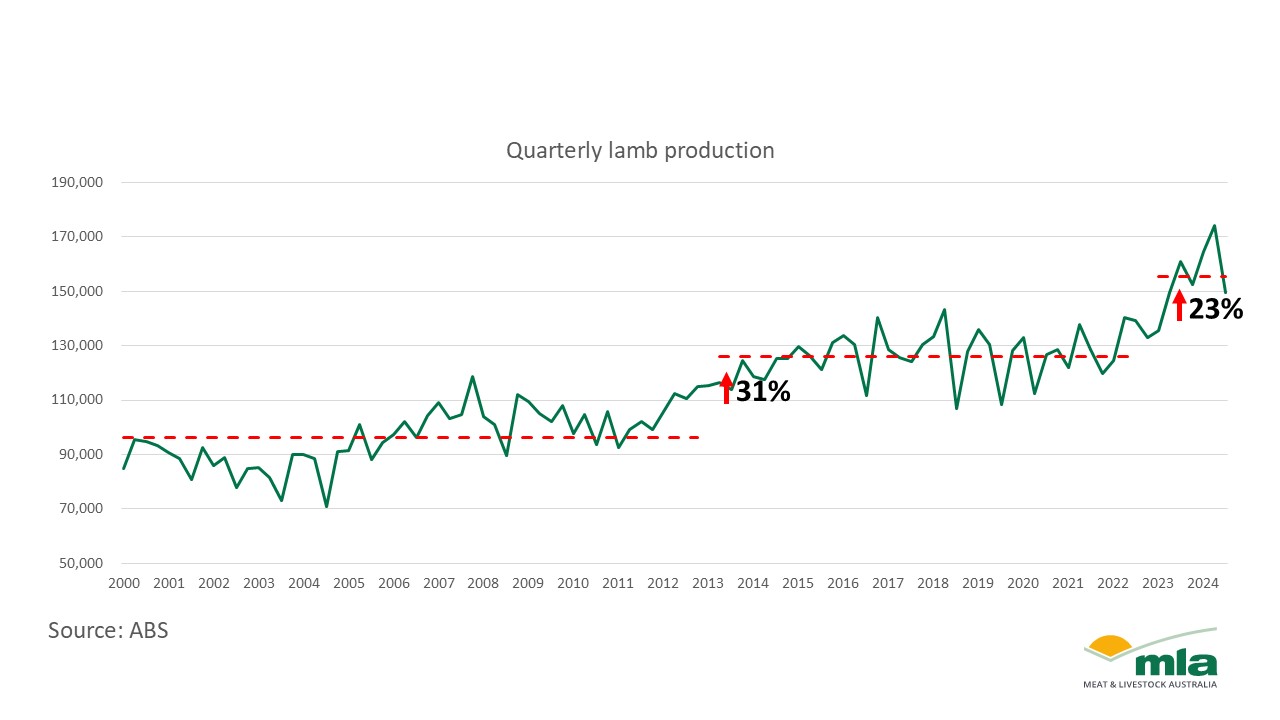The Australian government’s from social media has focused attention on the harms it can cause – especially for young people.
Authors
- Bernardo Figueiredo
Associate Professor of Marketing, RMIT University
- Torgeir Aleti
Senior Lecturer in Marketing, RMIT University
But young people are just one segment of the population who use social media. According to the , 78.3% of Australians regularly use platforms such as Facebook and Instagram – mainly for keeping in touch with friends and family.
Perhaps surprisingly, a large proportion of these users are older people. For example, the Digital 2024 report also shows that 21.3% of Meta’s ad audience in Australia (on Messenger, Facebook and Instagram) are 55 years or older. This makes it the second largest age group after 25-34 year olds (25.4%).
So what does research say about how social media affects older people’s social lives and wellbeing?
The growing presence of older adults on social media
as older generations embrace social media. , more than 70% of Australians aged 65 and older use social media to some degree.
among this demographic, serving as a gateway to reconnect with family and long-lost friends. Beyond reconnecting, older adults often use these platforms to share memories, participate in community groups and access news.
This growing trend is driven by both internal and external factors. many older users are motivated by the desire to stay connected with their families, particularly grandchildren, who often share their lives through social media.
For others, the COVID pandemic , making social media a lifeline during periods of isolation.
Enhanced connection
found positive associations between internet use and mental health among older adults in 23 countries.
Social media, in particular, works by:
1. Maintaining family ties. Social media provides older adults with a virtual seat at the family table. By viewing photos, videos and updates, , no matter the physical distance. Platforms such as WhatsApp and Facebook Messenger are particularly popular for private family group chats, enabling older adults to exchange messages and share moments in real time.
2. Rekindling old friendships. Platforms such as Facebook have proven effective in . For many, revisiting old relationships provides a sense of nostalgia and belonging. Studies have shown such interactions can and reduce loneliness, a significant concern for ageing populations.
3. Building new communities. Social media groups dedicated to specific interests such as gardening, photography or travel offer older adults opportunities to form new connections. are inclusive spaces where members exchange advice, share experiences and foster friendships based on shared hobbies.
Improved well-being
Social media’s ability to foster connection among older adults .
Regular online interactions can reduce feelings of loneliness and depression, providing a sense of purpose and belonging.
active participation, such as posting photos, is associated with a feeling of competence in older users, which is related to well-being. For some, becoming ” ” on platforms like Instagram or TikTok introduces an unexpected avenue for creative expression and social influence.
Online forums are also gaining traction as a tool for health information and advocacy. for chronic conditions, share wellness tips and even engage in civic discussions. This demonstrates social media platforms’ broader potential beyond social interaction.
Online challenges
Despite its benefits, social media is not without challenges for older adults.
For some, navigating the complex interface of platforms can be intimidating. shows half of older adults feel anxious about using communication technologies, with older women experiencing more anxiety than older men.
Issues such as . Additionally, while social media facilitates connection, it .
shows those with higher digital literacy are more likely to experience the positive effects of social media because of ongoing “self-socialisation” without having to interact with others, which might undermine learning and confidence. For others, initiatives aimed at – such as digital mentoring programs – can significantly enhance their confidence and ability to engage safely online.
A bridge and a barrier
Social media can keep older adults connected. But its impact .
For many, it serves as a vital link to family, friends and new communities, enriching their social lives and reducing isolation. However, to unlock its full potential, addressing barriers such as digital literacy and online safety are crucial.
As the world becomes increasingly digital, to engage meaningfully with social media will ensure they remain not only connected but also active participants in a rapidly evolving social landscape.
![]()







